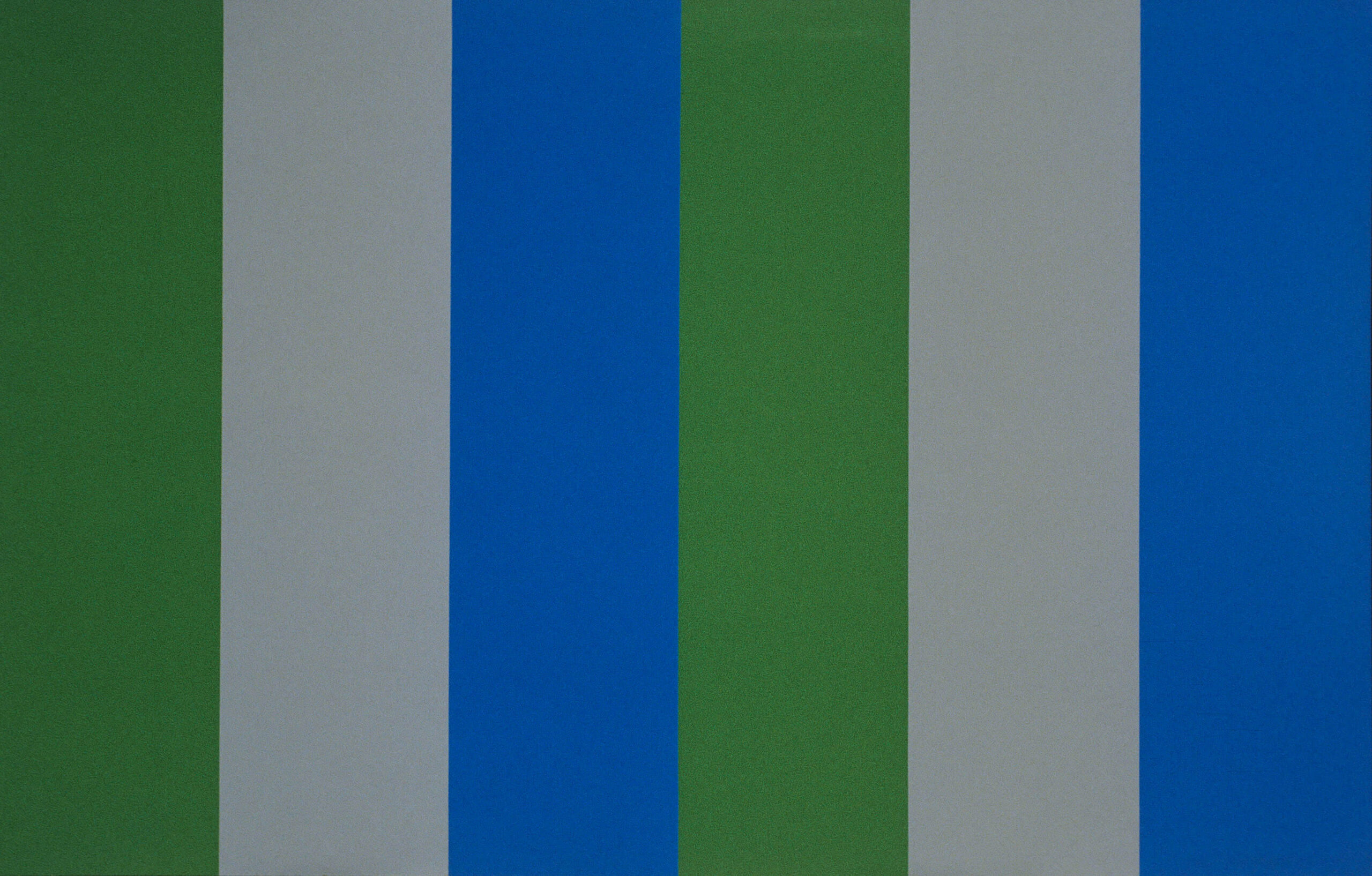What is music? Sometimes I think that music is nothing other than
a memory we have of it, a memory of it we cherish, conjured up during our
encounters with music itself – either through listening to it anew (as in taking
a trip down memory lane) or chancing upon it for the first time (at times like being
in for a bumpy ride). As with some composers, it is this latter
experience that interests me the most. On such occasions, a listener
cautiously invites a new piece of music to a reception, as it were,
where the cherished memories of various other musics commingle and then
merge perhaps with a new arrival to form, one hopefully imagines, a lasting conviviality.
Are the sonic phenomena of what we call “music” (tones, timbres,
rhythms, etc.) real in a similar way, say, to the physical objects
in front of us that are real? Or, to return to memory, are those very events
of sound and of inflected flow nothing other than clever blends of bygone objects,
or objects lost [objets perdus] in time, with newly perceived objects [objets perçus]?
Such were the thoughts that accompanied me while I composed Objets perçus.
perçus.
Arrayed along five movements, the string quartet provides listeners with thirteen
object-observation posts:
I. With sudden fervor; elusive, like hasty shadows (excursus 1); hurried.
II. “You need distant places that I don’t know”; fleeting (excursus 2); distant ringing.
III. With verve, suddenly; elusive (excursus 3); headlong.
IV. In quaint, faraway fanfares; fleeting (excursus 4); “In the distance I sensed the rippling
sea.”
V. Moving and removable objects.
Graciously commissioned by the Molinari Quartet, this work
was given its premiere performance by them on February 16, 2024
John Rea
Listen to John Rea speak about his string quartets in the podcast «Le studio du Quatuor Molinari» by following this link ce lien




